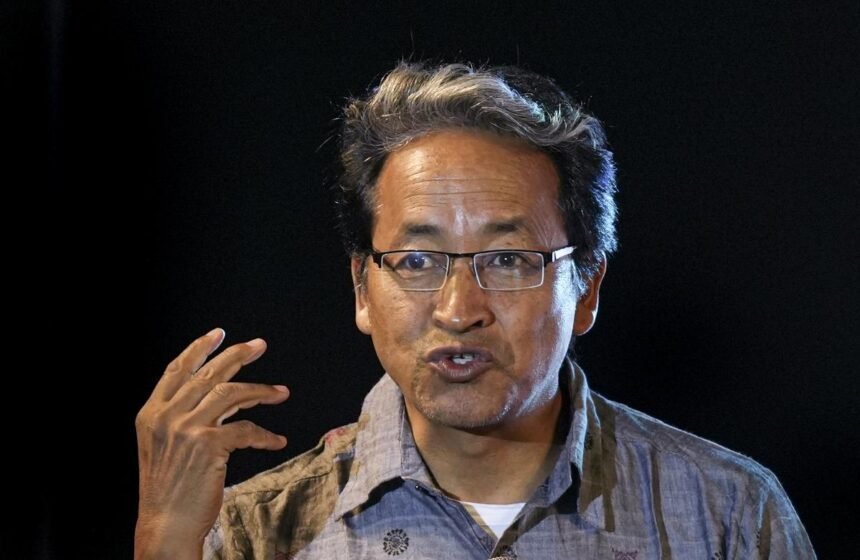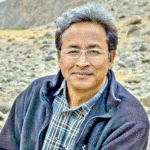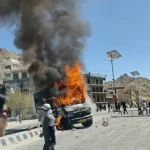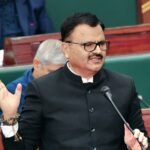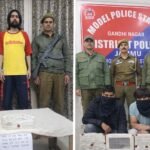Days after a peaceful shutdown in Leh turned violent, leaving four dead and over 70 injured, climate activist Sonam Wangchuk was arrested on Friday under the National Security Act (NSA) for allegedly inciting demonstrators demanding statehood for the Union Territory.
Authorities are yet to decide whether Wangchuk will be lodged in jail or moved to another location.
Following Wednesday’s clashes, authorities imposed a curfew in Leh, while Sonam Wangchuk ended his two-week hunger strike, reiterating demands for statehood and Ladakh’s inclusion in the Sixth Schedule of the Constitution.
A day later, the government held Wangchuk responsible for the unrest, claiming his “provocative statements” and the actions of “politically motivated” groups unhappy with ongoing negotiations between officials and Ladakhi representatives had incited the protests.
The Ministry of Home Affairs alleged that Wangchuk’s references to the Arab Spring and Nepal’s Gen Z protests fueled mob anger, which led to the torching of the local BJP office in Leh and several government vehicles.
Detailing the chronology of events, the ministry stated: “On 24th September, around 11:30 am, a mob instigated by his provocative speeches left the hunger strike venue and attacked a political party office as well as the CEC Leh government office.”
Wangchuk, known for his activism in Ladakh, launched an indefinite hunger strike on September 10, demanding constitutional safeguards, greater autonomy, statehood, and Sixth Schedule status for the Union Territory.
The government highlighted that parallel dialogues had been underway with regional groups such as the Leh Apex Body and Kargil Democratic Alliance through a High-Powered Committee (HPC), subcommittees, and informal consultations.
It further noted that these talks had already yielded results: reservation for Scheduled Tribes in Ladakh was increased from 45% to 84%, one-third representation for women was introduced in local councils, Bhoti and Purgi were granted recognition as official languages, and recruitment for nearly 1,800 posts had been initiated.
On Thursday, the government also cancelled the Foreign Contribution (Regulation) Act (FCRA) licence of the Students’ Educational and Cultural Movement of Ladakh (SECMOL), an institute founded by Wangchuk, citing multiple violations of the Act in light of the violence.
Reacting sharply, Wangchuk rejected the allegation that he instigated the protests, calling it a “scapegoat tactic” to divert attention from Ladakh’s core issues.
“To say it was instigated by me, or sometimes by Congress, is to find a scapegoat, rather than addressing the core of the problem, and this will lead us nowhere. They may be clever in making somebody else a scapegoat, but they are not wise. At this time, we all need wisdom rather than ‘cleverness’ because people are already frustrated,” Wangchuk told. (Agencies)

